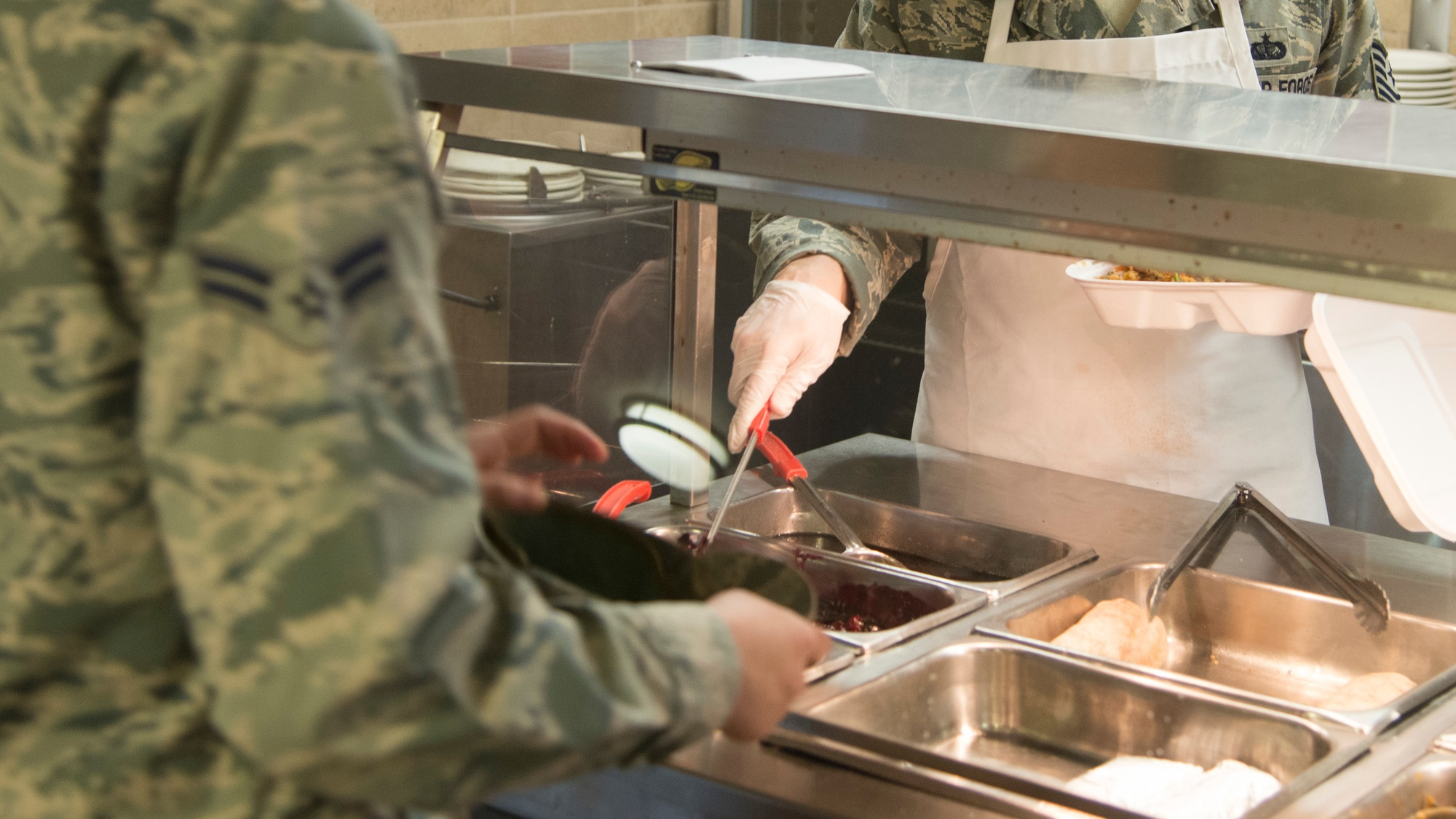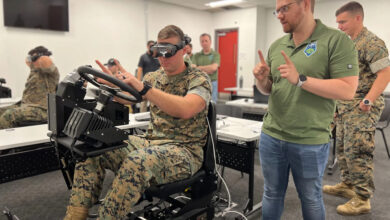US Army Explores Gut Microbiome Effects on Warfighters
The US Army Research Institute of Environmental Medicine (USARIEM) is conducting a study on the effects of gut microbiomes on the health and performance of soldiers.
Gut microbiomes are a set of microorganisms incorporating fungi, viruses, and bacteria normally found in the gastrointestinal tracts of humans and animals.
Early investigations suggest that this ecosystem impacts an individual’s response to the environment, stress, and diet. Recent studies have also shown that gut microbiomes affect brain function and bone development.
In the USARIEM project, scientists are exploring how digestive microbiomes and the compounds they produce influence warfighters when operating in demanding conditions and environmental extremes.
The institute wrote that the effort’s primary objective is to conduct nutrition interventions to boost the performance of personnel in such circumstances.
“What we eat shapes the gut microbiome,” USARIEM Nutrition Physiologist Philip Karl explained. “We know nutrition can improve health, and we know nutrition can improve performance and cognition, but not everyone responds the same way when exposed to the same diet or the same environment.”
“We want to know if individuality in the gut microbiome is one reason for that variability and whether we can manipulate that individuality and the diverse functions of the gut microbiome using nutrition.”
Nutrition Bar Solution
For this goal, the USARIEM team evaluated foods based on the common diet and selected those with the most benefits to the microbes living in the gut.
This formula is now being developed in the form of a nutrition bar which has both prebiotic and probiotic compounds that enable balanced and healthy microbiota.

“What’s exciting here is that the genetic capacity of the gut microbiome far exceeds the genetic capacity of the human body,” Karl stated.
“This means that these microbes living in us give the human body numerous functions that the human body does not have. It’s a win-win situation: we nourish the microbiota, and they nourish us.”
Mitigating Leaky Gut Syndrome
According to USARIEM, the nutrition bar could help prevent gut leakiness in soldiers exposed to high altitudes.
This syndrome is the weakening or thinning of intestinal walls, causing waste products to exude into the bloodstream.
“We hoped that the nutrition bar we developed would target beneficial microbes and help protect the gut from damage during environmental stress,” Karl said.
“This is an exciting area of research that may help us develop new performance-optimizing nutrition interventions that leverage the diverse capabilities of our friendly resident gut microbes.”
USARIEM said it is facilitating additional tests to identify prebiotics and probiotics with specific benefits to a soldier’s cognition and physical health.












